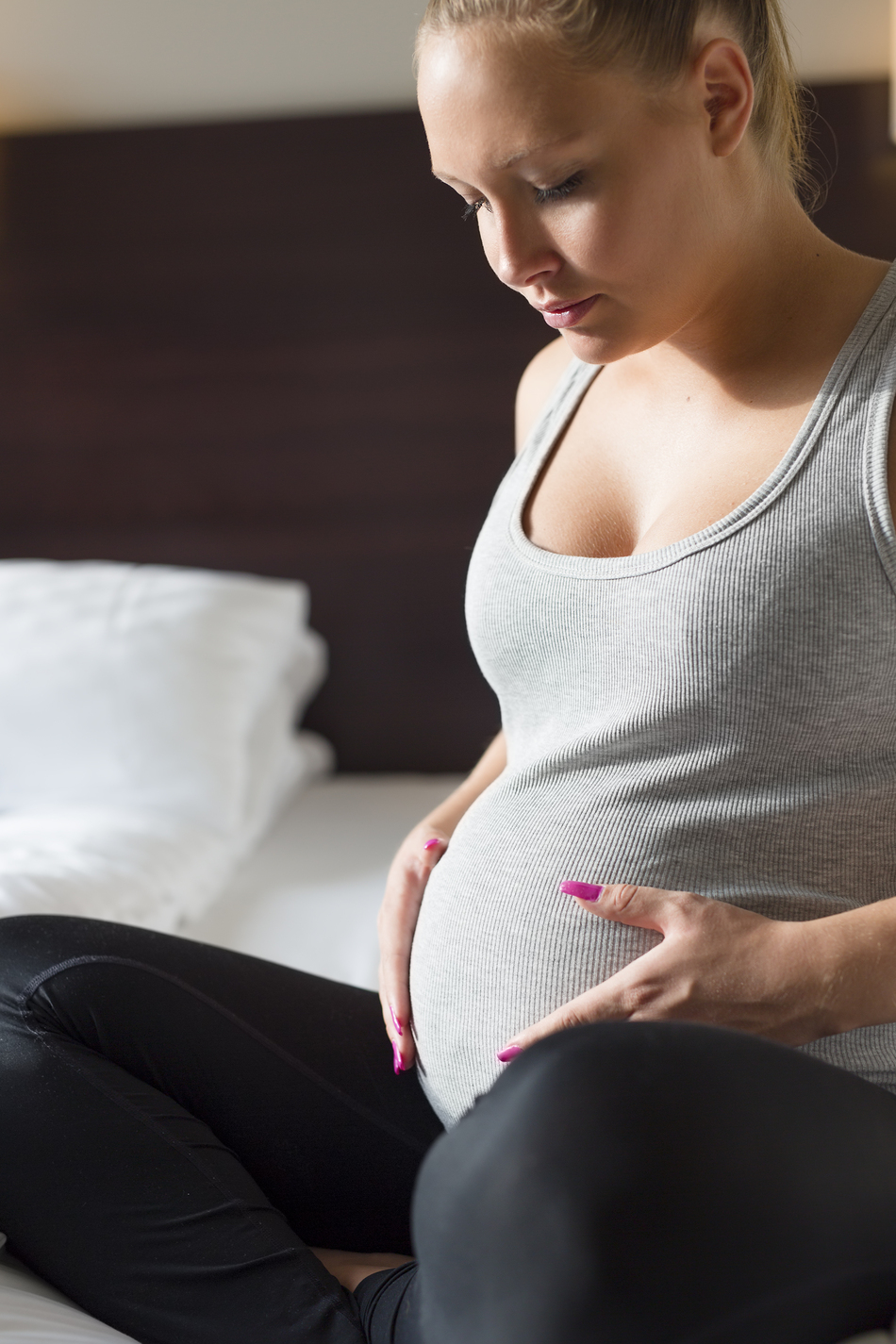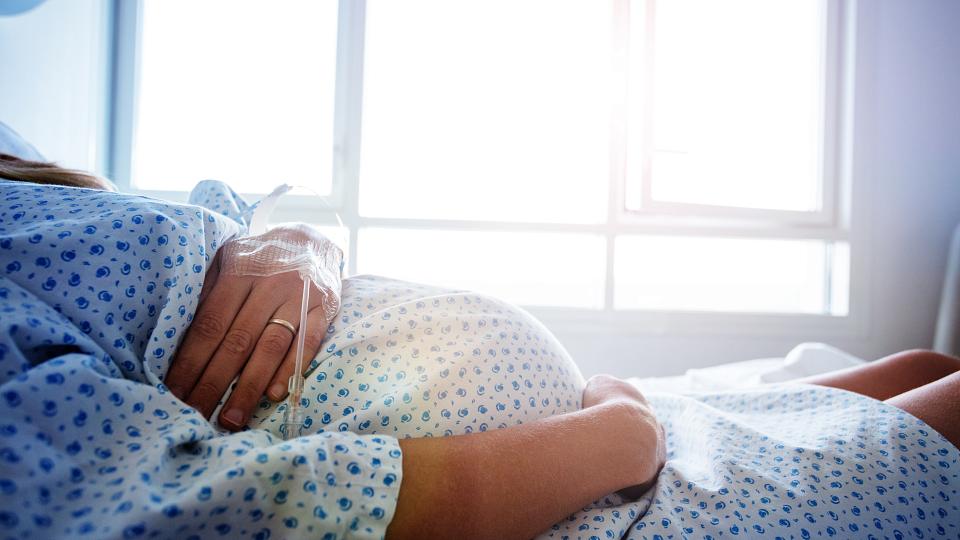
Dr. Jones: The normal vaginal birth of a baby can be a joyful time, but most women will say that nothing is ever the same down there.
Humans are not the only species that can have trouble getting their babies out, but we seem to have the most trouble. Our babies' heads have evolved to get bigger and bigger, and good nutrition have made babies get bigger and bigger. And the baby has to pass by muscles and tissue and bowel and bladder on the way out, and often there are long-term consequences.
Today in The Scope studio we're talking with Dr. Audra Jo Hill. Dr. Hill is a urogynecologist, a gynecologist who specializes in problems with the pelvic floor, the "down there" that isn't always the same after childbirth. Welcome to The Scope, Dr. Hill.
So what are the reasons that those happen? How come women who, having just vaginal birth . . . we populated the planet with vaginal births, even though people think C-section is the most common. In fact, it's not. But what are kinds of things that happened during a birth that can lead to these kinds of problems?
Dr. Hill: So some of the risk factors that we've identified have to do with having a larger baby, sometimes an older mom and just how their tissues are different than younger moms, also genetics.
Dr. Jones: Not so stretchy or tear . . . I mean, I'm way too past older mom. I mean, what do you mean by older mom?
Dr. Hill: I think after the age of 35, just the complications of pregnancy in general, albeit still small, do increase. I think more medical comorbidities also increase. And I would say that the recovery of the tissues after the normal birthing event sometimes is slower.
Dr. Jones: Right. Well, we were engineered to get to 35, to get one generation of children to childbearing age. And so we're over-engineered, but everything starts to . . . You know, our eyes, our bones, our everything tends to be a little less resilient after 35. Oh, dear. Okay, well, I'm way after that, but that's . . . Well, let's go back to babies being bigger and mom's tissues maybe not so stretchy. What other kinds of things can make these problems happen?
Dr. Hill: We find an increased risk of these complications or disorders, such as prolapse, incontinence, or higher-level tears are associated with operative deliveries, which kind of means if we used forceps or a vacuum versus just a spontaneous vaginal delivery.
Dr. Jones: Okay. So if the baby needed some help coming out, and the obstetrician, or midwife, or family doc used something to help the baby through, that usually means that the baby was bigger anyway. So we don't know. They might have torn even if you didn't put those things on.
Dr. Hill: Correct.
Dr. Jones: It's just those things just help out. I don't want people to say, "Oh, I'm never going to have any equipment to help my baby out." Okay, that would be one too.
And then we stopped doing episiotomies routinely. That used to be pretty much commonplace, meaning to cut the opening so it got a little bit bigger. Our fear back not that long ago was, "If it tore, it would tear irregularly. If we just cut it, it would be easier to repair." I think that that's kind of old science and wrong medicine now. But people do tear.
Dr. Hill: They do. And so, again, an episiotomy, they're still performed for appropriate indications. That does increase the risk of some of these symptoms after birth. But, at the same time, it's just because you maybe had all of these, a big baby, and an operative delivery. That doesn't necessarily mean you're going to experience any of these symptoms. And so, sometimes, that's how all these risk factors are joined together with your genetics, and how your body repairs after injury, and things that we can't control for.
Dr. Jones: Well, having a new baby can be a wonderful turning point in a woman's life. But, if your body isn't getting back to normal, and you're having problems down there after your vaginal birth, you don't have to grin and bear it. We're here to help. And thanks for joining us on The Scope.


